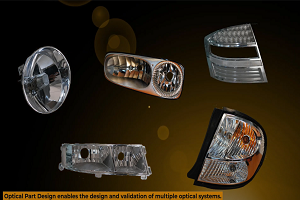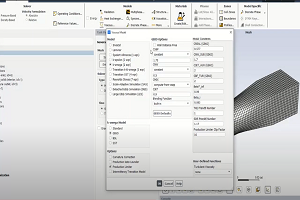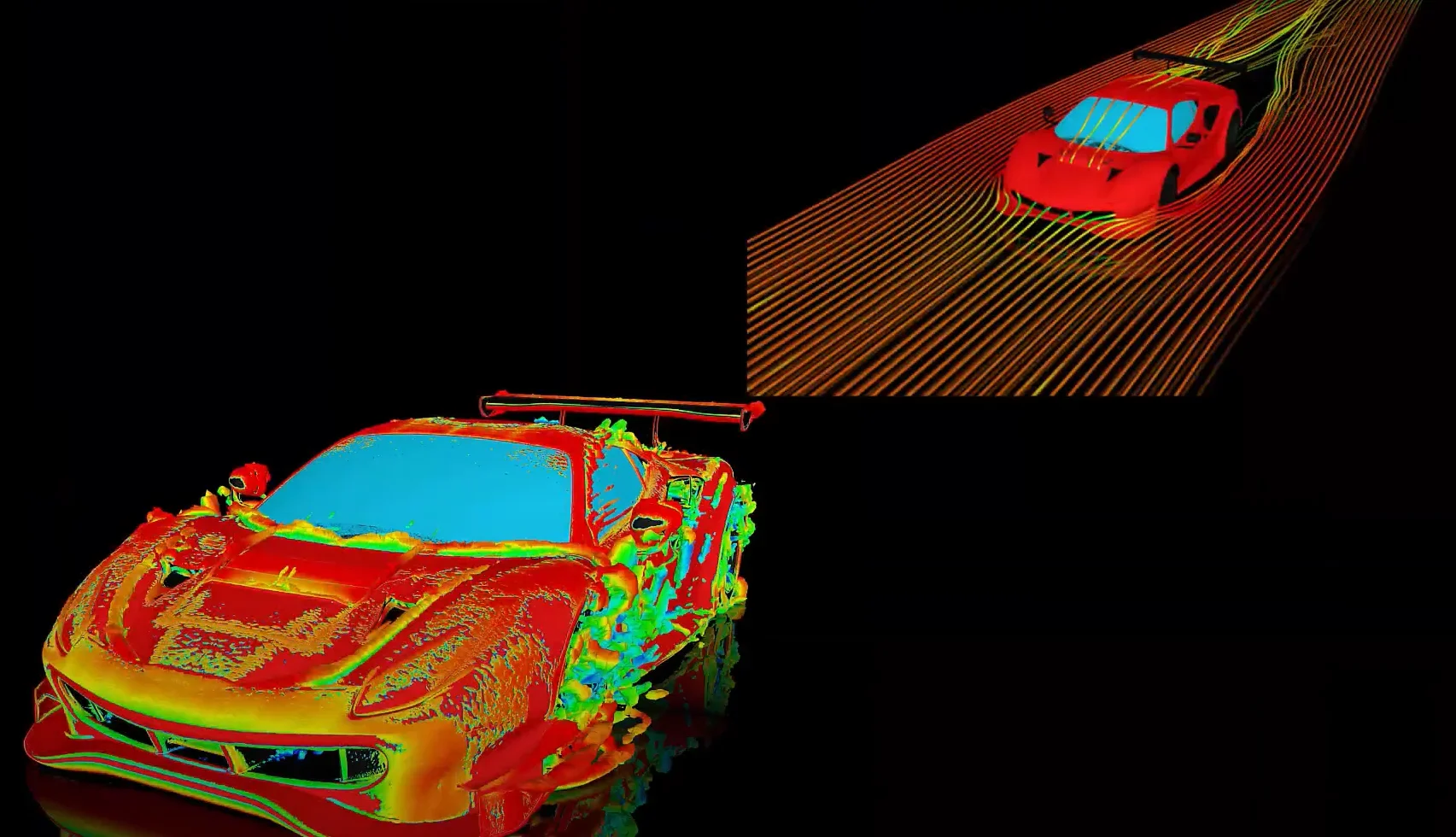Tagged: volume
-
-
March 2, 2022 at 4:03 am
 Watch & LearnParticipant
Watch & LearnParticipantThis video is created with FSAE Electric & Solar teams in mind. In this video, you will learn how to handle battery pack simulation using a MSMD model and conjugate heat transfer approach in Ansys Fluent. For any questions and support, visit the Ansys Learning Forum at ansys.com/forum
-


Introducing Ansys Electronics Desktop on Ansys Cloud
The Watch & Learn video article provides an overview of cloud computing from Electronics Desktop and details the product licenses and subscriptions to ANSYS Cloud Service that are...

How to Create a Reflector for a Center High-Mounted Stop Lamp (CHMSL)
This video article demonstrates how to create a reflector for a center high-mounted stop lamp. Optical Part design in Ansys SPEOS enables the design and validation of multiple...

Introducing the GEKO Turbulence Model in Ansys Fluent
The GEKO (GEneralized K-Omega) turbulence model offers a flexible, robust, general-purpose approach to RANS turbulence modeling. Introducing 2 videos: Part 1 provides background information on the model and a...

Postprocessing on Ansys EnSight
This video demonstrates exporting data from Fluent in EnSight Case Gold format, and it reviews the basic postprocessing capabilities of EnSight.

- Defining heat transfer coefficient (HTC)
- How to use Thin Walls with Thermal boundary conditions?
- ANSYS Fluent Student: Conjugate Heat Transfer in a Heat Sink
- In ANSYS Fluent, when the energy equation is enabled and viscous heating is enabled, must pressure work also be turned on?
- Thermal Analysis of a Radiator Using Ansys Fluent
- Simulating Battery Pack Cooling System Using Ansys Fluent
- How to add comments to journal file so that I will know what each entry does?
- How to solve the warning: “Warning: zone of type interior found between different solids!”
- ANSYS Fluent: Overview of the Mapped Interface Technique for CHT Simulations (18.2)
- How do I get rid of convergence problems with energy equation in Fluent (especially since R15)?

© 2026 Copyright ANSYS, Inc. All rights reserved.

